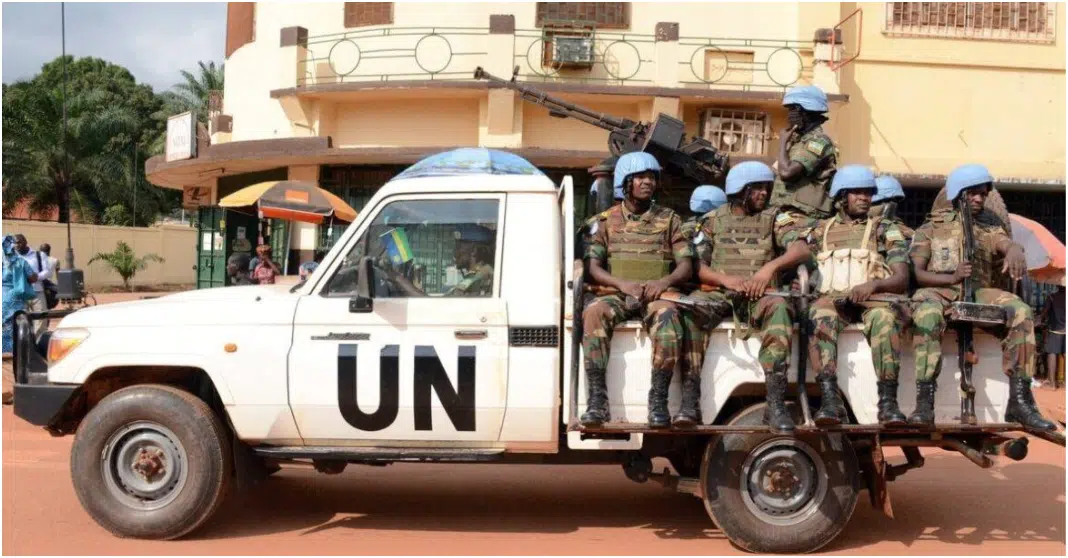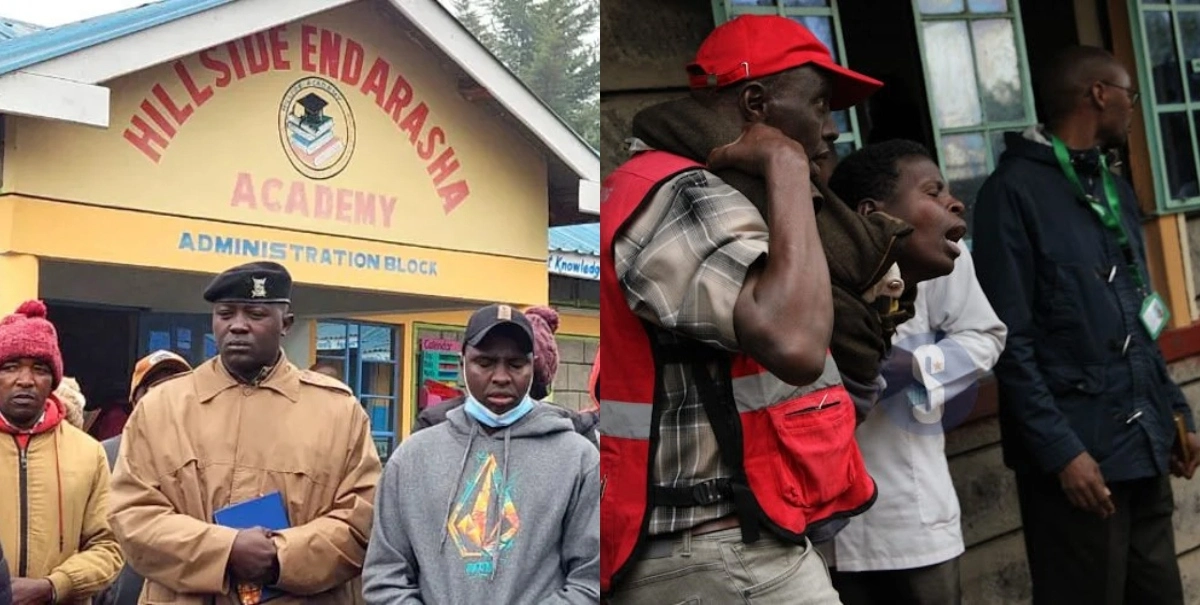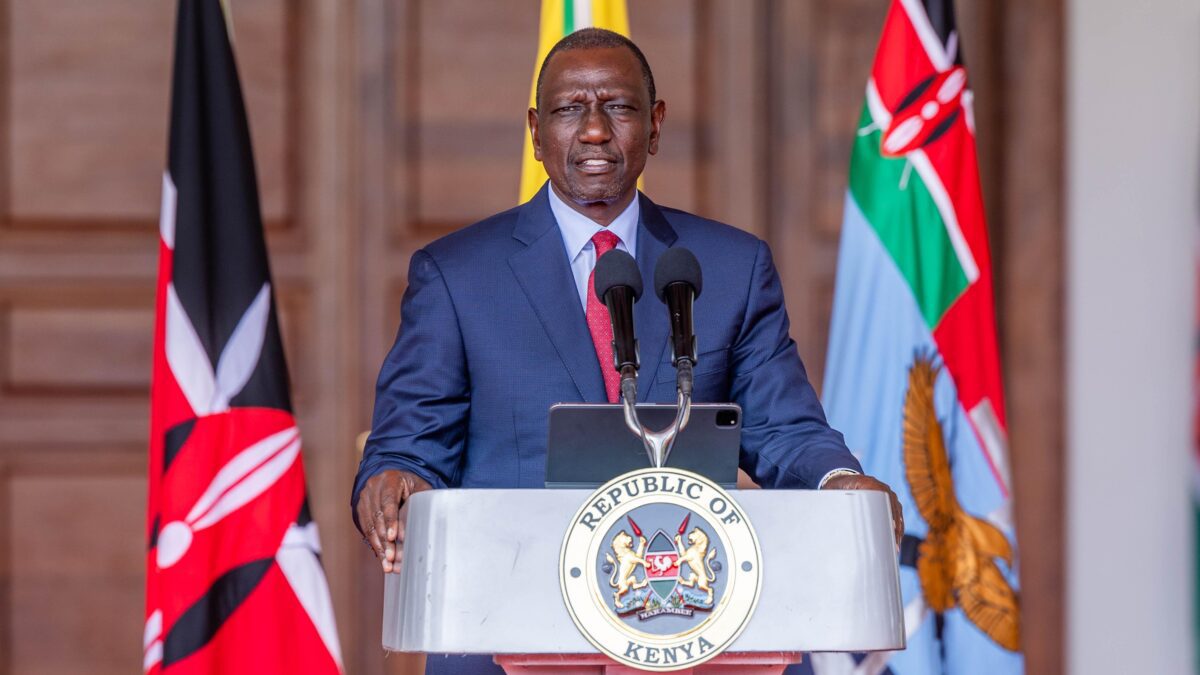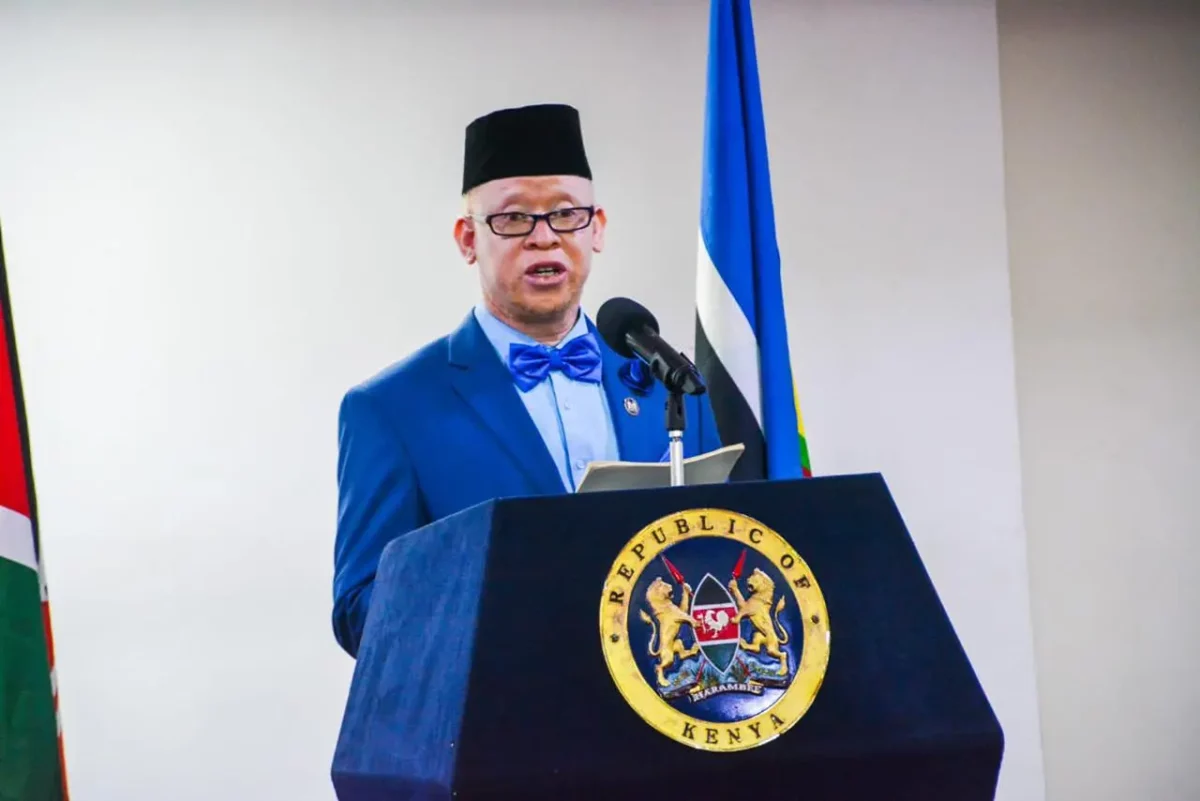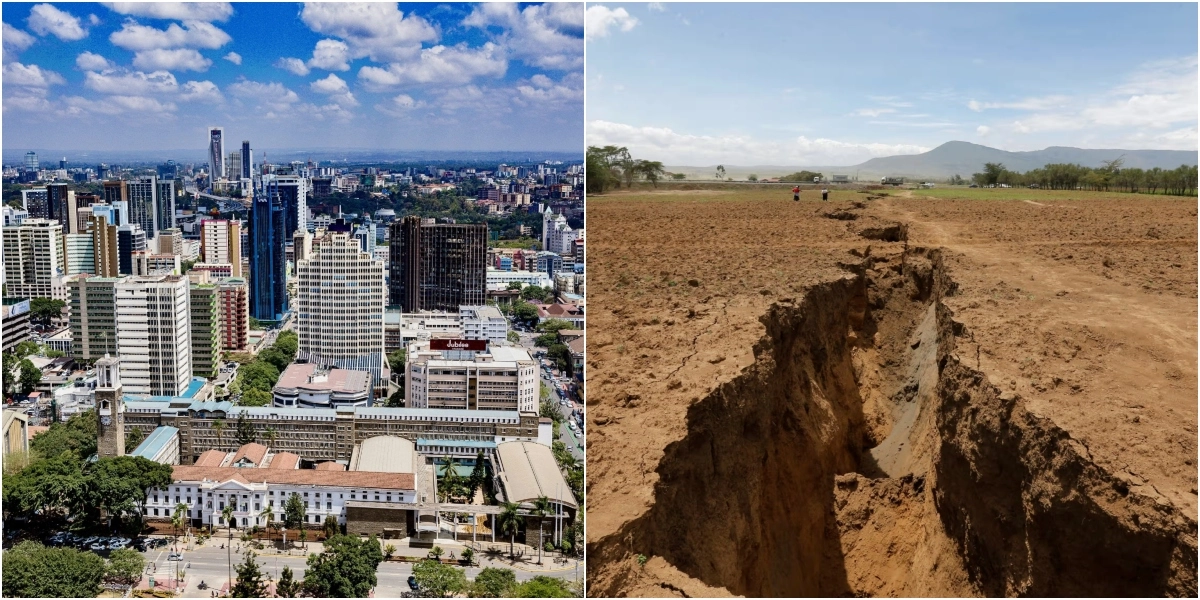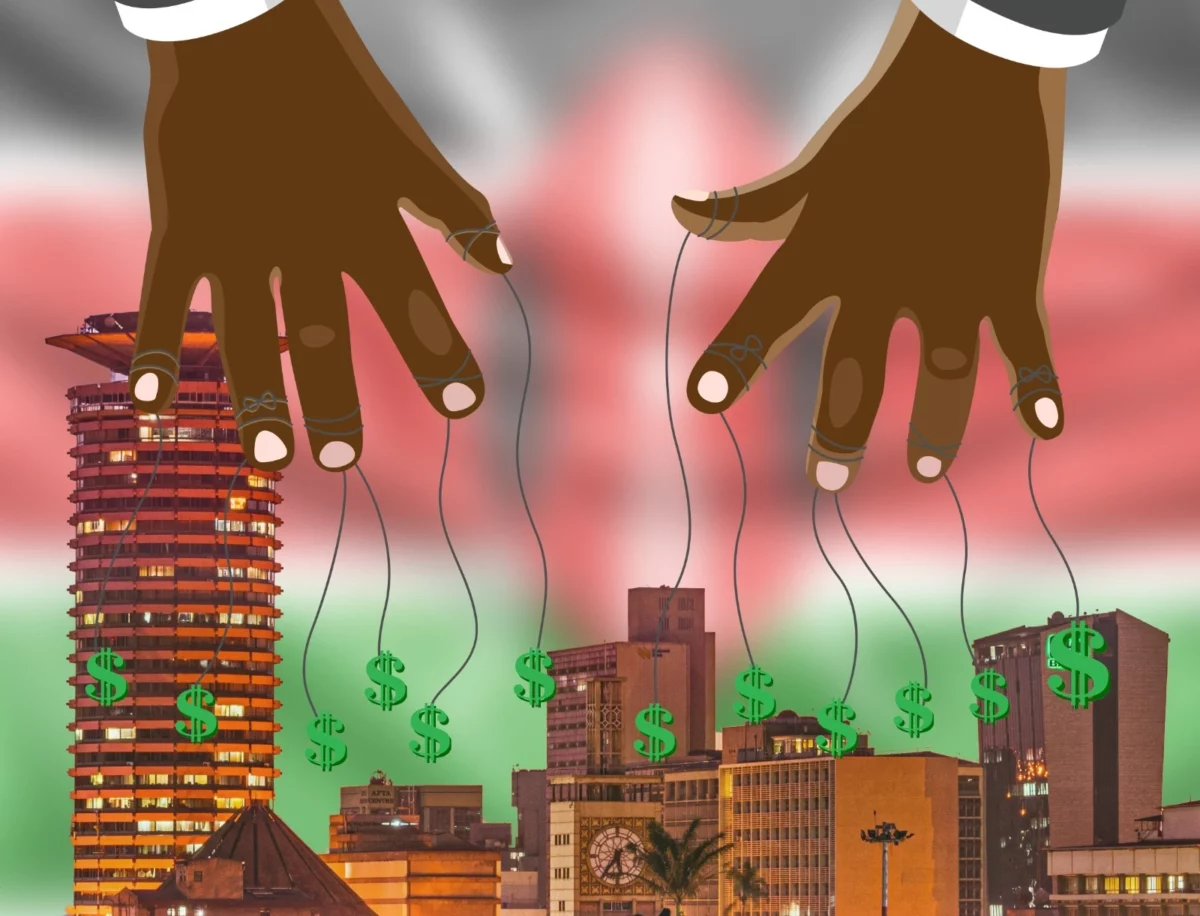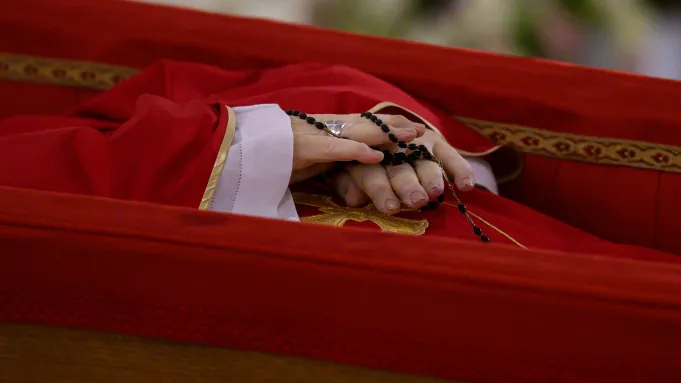Since its establishment in 1948, the modern concept of peacekeeping has been integral to the international liberal order. The end of the Cold War revitalised peacekeeping, introducing a broader human security framework aligned with the post-Westphalian model. The UN Security Council began authorising “second-generation” peace operations aimed at not only monitoring cease-fire agreements but also addressing the root causes of conflicts through comprehensive “peace-building” efforts.
Expanding Missions and Rising Challenges
However, the UN’s multidimensional missions in Africa have often struggled to achieve their goals, fueling growing resentment among local populations. Africa, where over 80 percent of the 90,000 UN field personnel are deployed, has become a focal point for peacekeeping. Thirteen African UN missions have been launched since 2000, with four of the largest ongoing operations commanding a significant portion of the $6.1 billion budget for the 2023-2024 fiscal year.
The security landscape in Africa has dramatically changed in the past 15 years. The fragmentation of Libya post-Qaddafi led to widespread instability across the Sahel. The 2023 Global Terrorism Index reported a dramatic increase in terrorist attack fatalities in the Sahel, with jihadist activities spreading across Western and Eastern Africa. Additionally, there has been a rise in military coups in West Africa and the Sahel, alongside ongoing conflicts in Ethiopia, Sudan, and the Democratic Republic of the Congo (DRC).
Major Setbacks and Local Backlash
The UN’s difficulty in effectively addressing these developments has led to a backlash against peacekeeping operations. In July 2023, Mali requested the termination of the UN stabilisation mission in the country. In September, DRC President Felix Tshisekedi called for an accelerated withdrawal of the UN mission, MONUSCO, from his country.
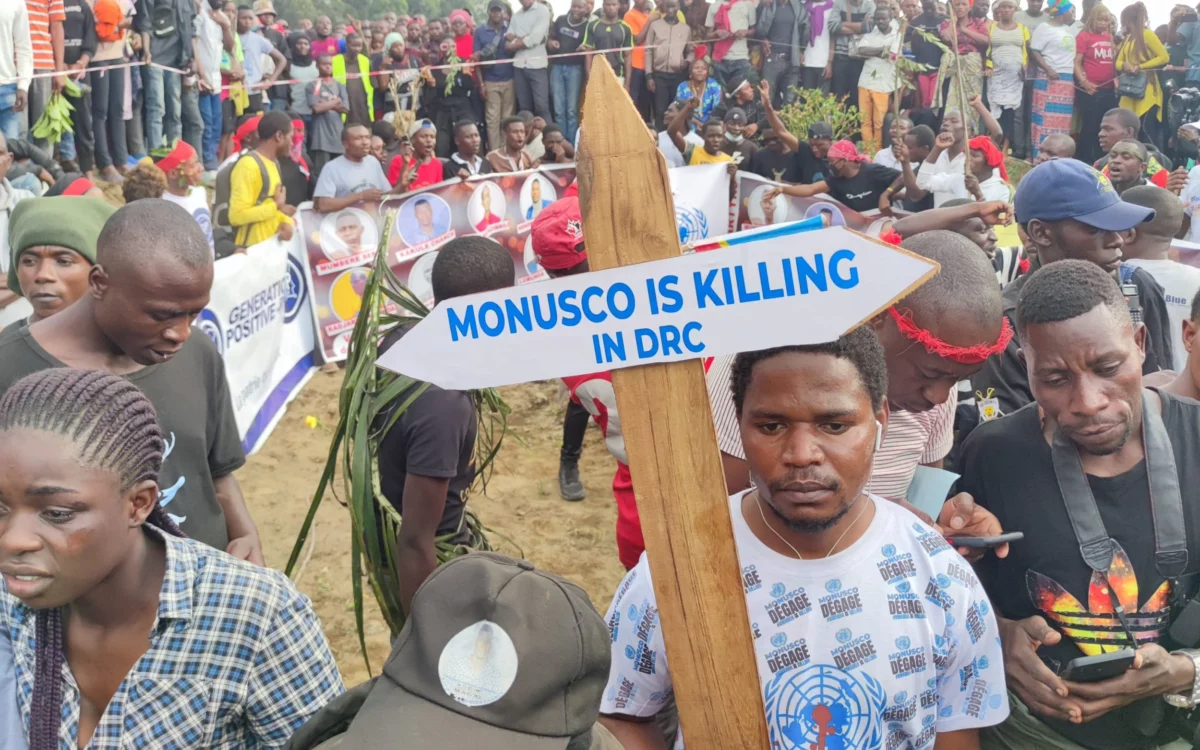
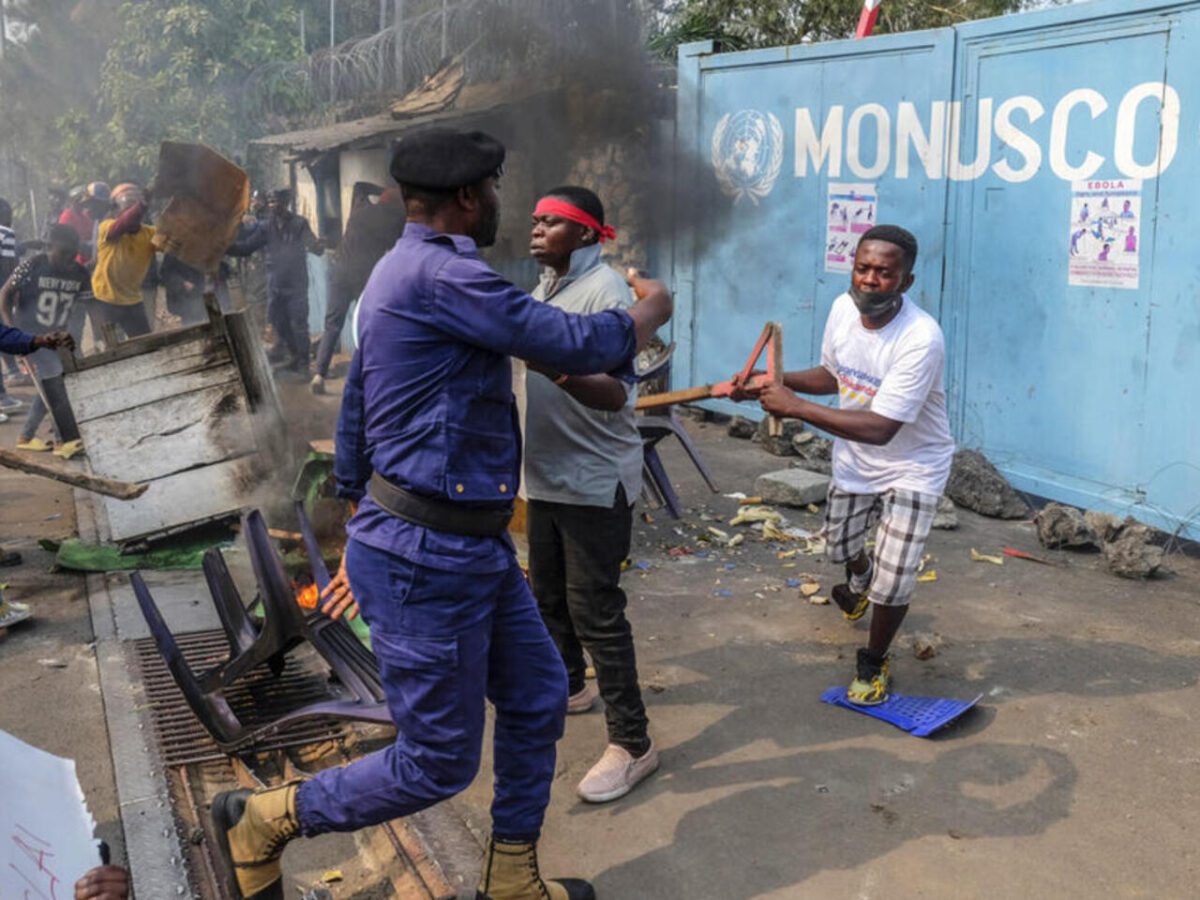
Mali
The United Nations Multidimensional Integrated Stabilization Mission in Mali (MINUSMA), established in 2013, faced significant challenges. Following multiple coups and the withdrawal of French and European forces, MINUSMA’s 13,000-strong force departed in April 2023, leaving a vacuum filled by the Russian Wagner group. Continuous clashes between the military, jihadist factions, and separatists have led to widespread protests against the UN in Bamako, with accusations that MINUSMA failed to protect civilians and exacerbated local tensions.
Democratic Republic of the Congo
UN peacekeeping in the DRC has been ongoing since 1999, yet the mission has faced severe criticism. Violent protests in 2022 highlighted local dissatisfaction with MONUSCO’s inability to curb violence by armed groups. An agreement for MONUSCO’s withdrawal has been reached, with regional coalition forces set to take over security responsibilities.
Central African Republic
The UN’s mission in the Central African Republic (MINUSCA), deployed in 2014, also faces significant challenges. Despite initial improvements, the security situation has deteriorated since 2017. Russian support for President Touadera and bilateral agreements with Rwanda have altered the security dynamics, while protests against MINUSCA have persisted.
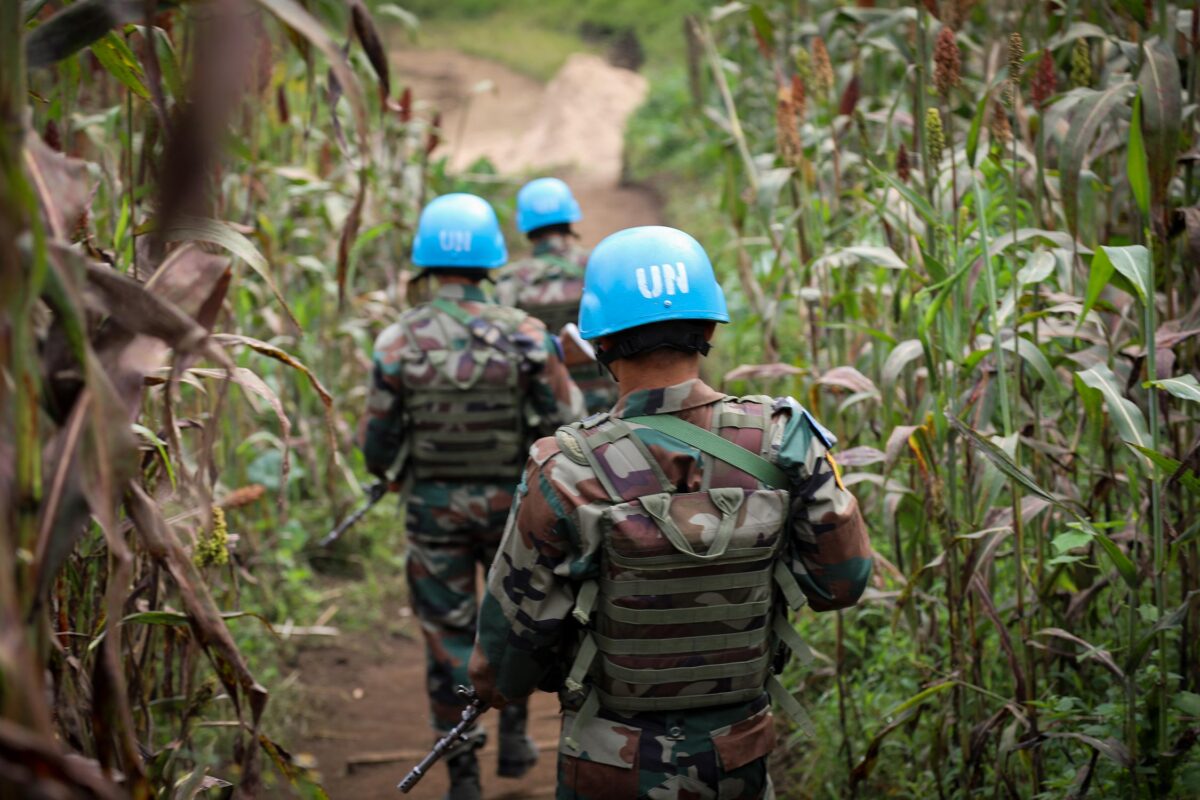
The Future of Peacekeeping
The future of UN peacekeeping in Africa is uncertain amid evolving geopolitical dynamics and the increasing role of regional actors. The UN’s bureaucratic constraints, coupled with differing international perspectives, particularly within the Security Council, have hampered effective responses to crises. China, now a major financial and troop contributor, advocates for a sovereignty-focused approach, suggesting African-led security initiatives.
UN Secretary-General Antonio Guterres has expressed support for this model, recognizing the financial and operational limitations of traditional UN-led missions. This shift towards regional leadership in peace and stabilisation efforts has yielded mixed results, indicating a complex and evolving landscape for peacekeeping in Africa.
As the UN navigates these challenges, the success of future peacekeeping operations will depend on adaptive strategies that address both the immediate and underlying causes of conflict, while ensuring the support and involvement of local populations and regional stakeholders.

